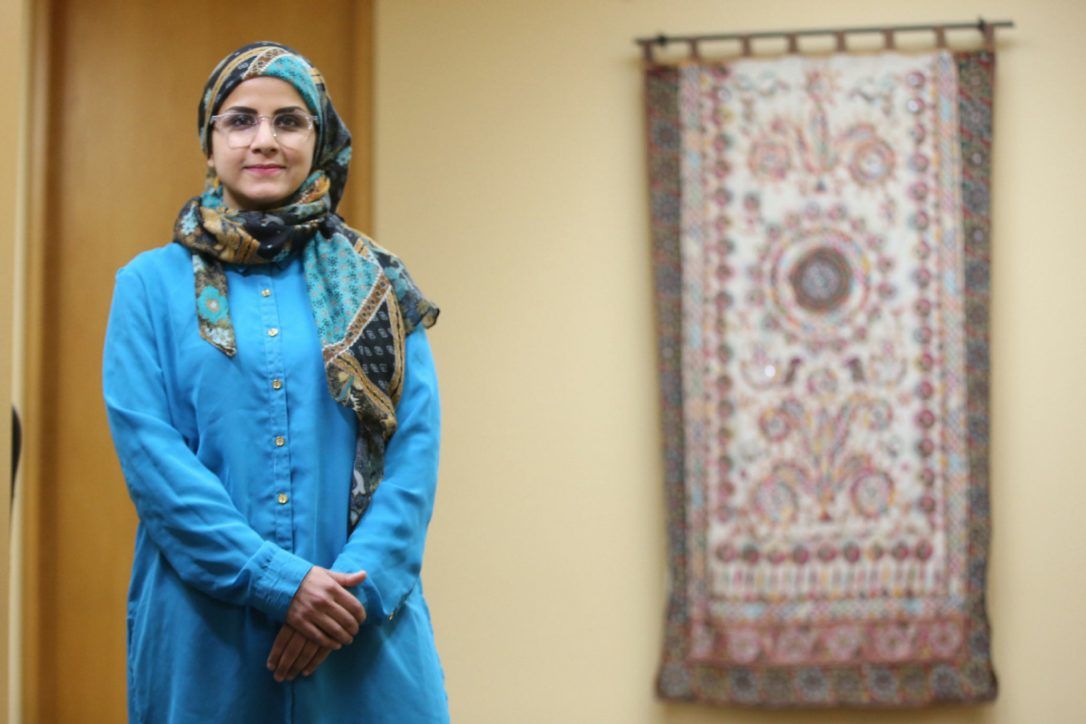
Sidrah Ahmad is working towards her masters degree in adult education and community development at the University of Toronto, and as part of her thesis, she has been studying anti-Muslim harassment towards women.
For over six months, she has been documenting the everyday experience and impact of anti-Muslim violence faced by 21 women in the Toronto area — ranging from being yelled at, sworn at, spit at and experiencing physical and sexual assault. Of the 40 incidents, the police were only called in three and the rest were not reported. Ms. Ahmad interviewed a diverse group of Muslim women – ages ranged from 18 to 58, nine women were black, many were mothers and a few grandmothers, and eighteen women wear the hijab or niqab.
“So much of this violence is invisible,” says Ms. Ahmad. “We’ve seen from #MeToo that the actual reported cases of sexual violence are just the tip of the iceberg of what women experience. I believe the same is true for hate crimes against Muslim women. Actual reported hate crimes are just a tip of the iceberg of what we’re experiencing in the city.”
“People don’t take micro aggressions seriously,” says Sabreena Ghaffar-Siddiqui, a researcher at McMaster University who focuses on hate crimes and discrimination. “If (a Muslim girl) said that when I take the bus or the train, or when I’m walking to school, people look at me funny, they make me feel scared . . . people aren’t going to take that seriously. But, if she says ‘I was actually attacked,’ people take it more seriously.”
Ms. Ahmad has crated a toolkit to offer resources and support for Muslim women facing Islamophobic violence so one can know immediately where to go for support, in the Toronto area.



